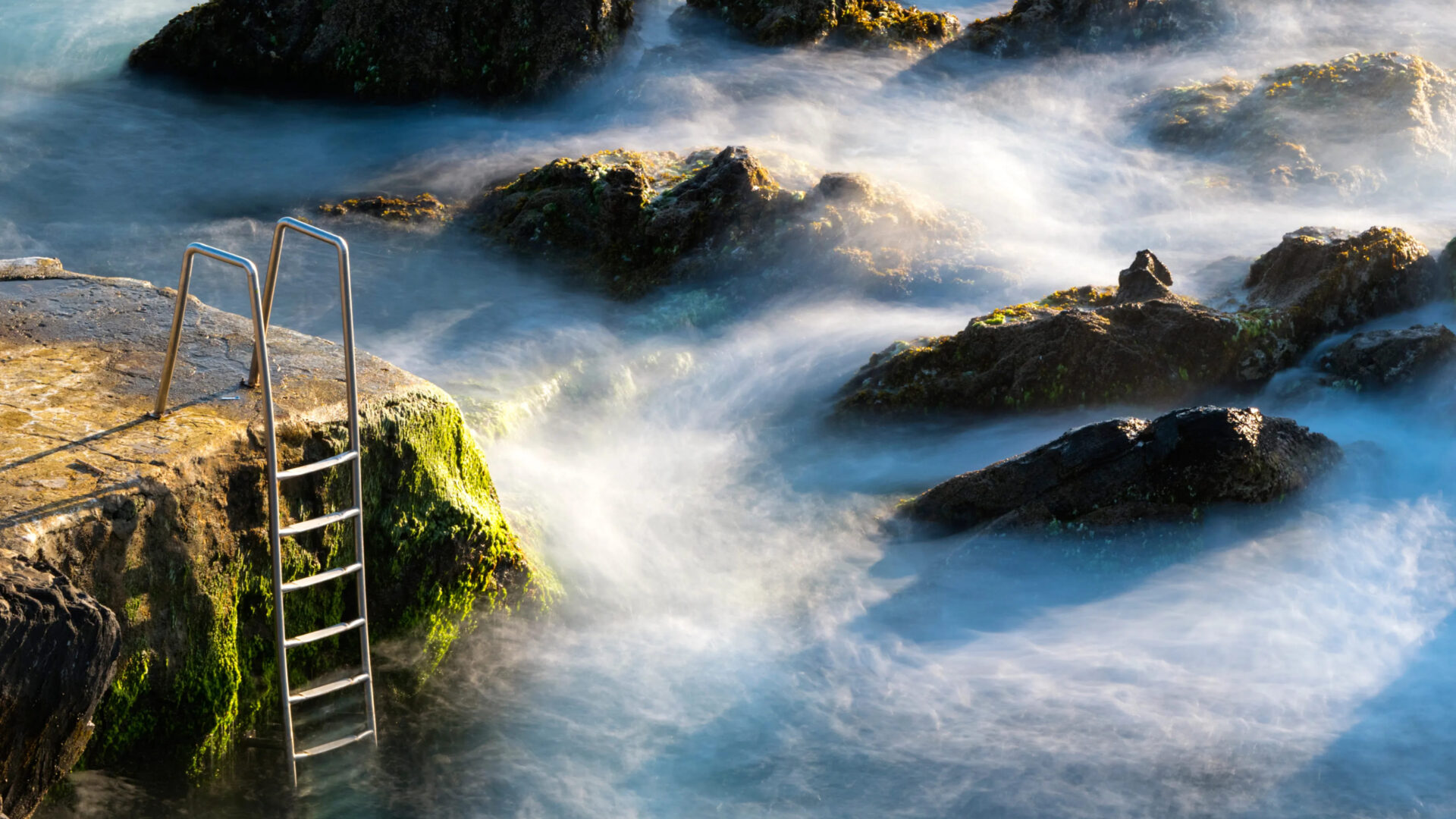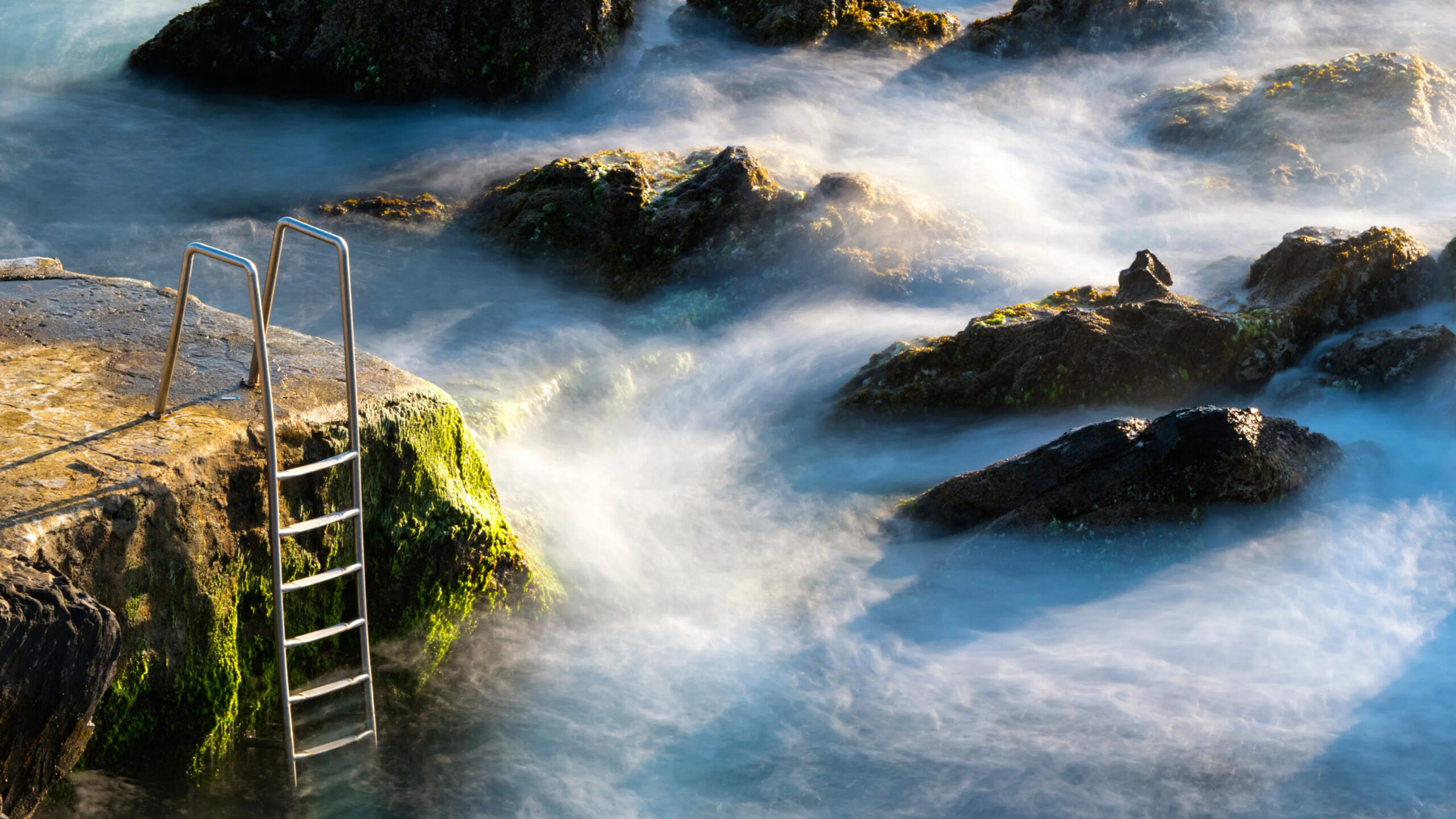
AZORES
Explore AZORES
AZORES
Azores: Europe’s Best-Kept Secret
The Azores, a stunning archipelago in the mid-Atlantic, are known for their lush landscapes, volcanic craters, and breathtaking coastlines. This Portuguese paradise offers a perfect mix of adventure, relaxation, and nature. Whether you're hiking to crater lakes, soaking in hot springs, or spotting whales in the wild, the Azores is a must-visit destination for nature lovers, adventure seekers, and eco-travelers alike.
Frequently Asked Questions: Azores
The Azores enjoy mild, oceanic weather year-round, but the best time to visit depends on your activities:
- May–September (Summer & Peak Season): Best for hiking, whale watching, and warm weather.
- October–April (Off-Peak & Cooler Season): Ideal for hot springs, fewer crowds, and lower prices.
- June–August (Festival Season): Perfect for experiencing cultural events and vibrant island life.
- Sete Cidades (São Miguel Island) – A breathtaking twin-lake crater surrounded by lush greenery.
- Furnas Valley (São Miguel Island) – Famous for hot springs, volcanic steam vents, and Cozido stew.
- Pico Mountain (Pico Island) – The highest peak in Portugal, offering a challenging but rewarding hike.
- Whale Watching (Pico & São Miguel Islands) – The Azores are one of the world’s best places to see whales and dolphins.
- Terceira Island’s Angra do Heroísmo – A UNESCO-listed colonial town with rich history and architecture.
- Capelinhos Volcano (Faial Island) – A unique lunar-like landscape formed by a volcanic eruption.
- Lagoa do Fogo (São Miguel Island) – A pristine blue lake set in a volcanic crater.
- Algar do Carvão (Terceira Island) – A stunning lava cave with an underground lake.
- Gruta das Torres (Pico Island) – The largest lava tube in Portugal, perfect for caving enthusiasts.
- Santa Maria Island’s White Sand Beaches – The only island in the Azores with golden beaches.
- Cozido das Furnas – A traditional stew slow-cooked underground by volcanic heat.
- Lapas Grelhadas (Grilled Limpets) – A delicious seafood delicacy served with garlic butter.
- Bolo Lêvedo – A sweet, fluffy Azorean bread, often eaten for breakfast.
- Queijo de São Jorge – A rich, aged cheese from São Jorge Island, famous for its bold flavor.
- Alcatra (Terceira Island) – A slow-cooked, spiced beef stew with red wine.
- Chicharros Fritos – Fried blue jack mackerel, a local favorite.
- Ananás dos Açores (Azorean Pineapple) – Grown in greenhouses and famous for its sweet flavor.
- Passion Fruit Liqueur – A sweet, fruity liqueur unique to the islands.
- Espécies (Spiced Cookies) – A traditional sweet treat from São Jorge Island.
- Azorean Wine (Pico Island) – Volcanic wines grown in UNESCO-listed vineyards.
- Flights: Arrive at João Paulo II Airport (PDL) in São Miguel, the main gateway to the Azores.
- Inter-Island Flights: Azores Airlines connects all nine islands efficiently.
- Ferries: Atlanticoline ferries operate between islands, especially during summer.
- Car Rentals: The best way to explore each island at your own pace.
- Taxis & Private Transfers: Available in major towns and tourist areas.
- Bicycles & Scooters: Great for exploring smaller villages and coastal routes.
- For U.S. travelers: No visa required for stays up to 90 days, but a valid passport is necessary.
- For international travelers: Check Portugal’s Schengen visa requirements based on nationality.
- EU Travelers: Can enter freely with a valid national ID or passport.
- Currency: Euro (€ EUR).
- Credit cards are widely accepted, but cash is useful for small businesses and rural areas.
- ATMs are available throughout the islands, offering good exchange rates.
- Currency exchange is available at the airport and major towns.
- Portuguese is the official language.
- English is widely spoken in tourist areas, hotels, and restaurants.
- Learning basic Portuguese phrases like “Obrigado” (Thank you) is appreciated.
- Azoreans are warm and welcoming—greet people with “Bom dia” (Good morning).
- Tipping is appreciated but not mandatory – 5–10% is common at restaurants.
- Respect nature—stay on marked trails and don’t disturb wildlife.
- Island life is relaxed—things move at a slower pace, especially in smaller villages.
- Traditional festivals are an important part of Azorean culture—join in and enjoy!
- Restaurants: 5–10% tip is standard, but some places include a service charge.
- Bars & Cafés: Rounding up or leaving small change is appreciated.
- Hotels: €1–2 per bag for bellhops, €2–5 per night for housekeeping.
- Taxis: Tipping is not required, but rounding up is polite.
- Tour Guides & Excursions: €5–10 per person for excellent service.
- For peak season (June–September): Book 6–12 months in advance for hotels and flights.
- For off-season travel (October–May): Booking a few weeks ahead is usually fine.
- For whale watching and guided hikes: Book at least a few weeks in advance.
- No COVID-19 test is required for entry, but check for updates before traveling.
- Some hiking trails and natural parks require permits—check in advance.
- Swimming in volcanic hot springs? Bring a dark swimsuit—the iron-rich water can stain fabric.
Contact us at 281-229-0862 or admin@pointmetoparadise.com
